With advancements in technology, transportation, and developments in the international network, present-day society interacts without a sense of borders. Modern society heads rapidly toward multiculturalism. For various reasons, from education to labor, the foreign population in Korea increased by 4.89% since the previous year. Through internationalization, the number of ethnically mixed kids raised in multicultural families increases inevitably.
Well documented in “third culture kid (TCK) literature,” being multiethnic comes with its perks. With diverse cultural backgrounds, the child grows to widen their minds early in life and become open to many different experiences. Open-mindedness to cultural differences creates opportunities to learn, accept, and understand newer concepts and enhances creativity.
In multilingual cases, the kid may even learn to speak different languages, native to their parents. Such appreciation allows more branches of communication and ways of thinking to form within the minds of the youngsters.
However, mixed individuals face a common internal confusion: identity crisis. With diverse backgrounds, a want for belonging remains for both roots. Shannon Moore, a quarter-American, said, “Sometimes I find myself constantly wanting some sort of belonging. It doesn’t affect me on a daily basis but sometimes it does feel quite difficult to belong to a specific culture as much as others.”
As a mixed-blood, both sides of the individual’s roots seem acceptable. Nonetheless, the “natives” take it differently.
Full-Korean Matthew Lee said, “I guess genetics is genetics. The way they are born can define who they are. I believe that being raised in a different culture, although it is half of their identity, can have a difference when it comes to assimilating into this Korean culture as a whole. I think inside me, there are still some elements that tell me that they are different to some extent, and I do feel them during daily interactions here and there. Korea is indeed a monoethnic country. ”
Monoethinic groups perceive culturally mixed individuals as foreigners. Half Korean, half American Juan Cortez said, “I feel like a foreigner to Koreans. With the information that I give that I am part foreign, they treat me more of a foreigner than a Korean.”
Moreover, the identity challenge hampers a strong development in one’s self-esteem. With such an unstable sense of belonging, stress levels and emotional loneliness increase. Cortez said, “I don’t even know what country I identify as.”
In regard to mixed students, full-Korean sophomore William Seok said, “I do see them as foreigners. I felt shocked that they speak the same language and even sometimes local dialects. It is somewhat weird hearing something so native from someone who looks like a foreigner. It is basically the looks that make the difference more than anything.”
However, each person perceives differently. Although most childhood experiences remain common with judgments on simple looks, as children age, mindsets, personal beliefs, and behaviors affect how the natives perceive more. Full-Korean Chloe Cho said, “After getting to know someone, I can see that they belong fully to a group but if I don’t know them, their looks affect if you perceive them as foreigners the most. ”
Like a “chameleon,” multiethnic people can feel accepted by both groups – they can take advantage of their heritage and relate to either. Cortez said, “If I have a chance to socialize with a specific person and they are foreign, I tend to refer to myself as foreign, if they are Koreans, I tend to refer to myself as Korean. I’m like a chameleon.”
As the world continues to internationalize and ethnicities merge through constant relationships, such labels and categorizations start to fade. More and more multicultural and ethnic groups will arise and self-exploration on identity and belonging will become an essential part of development.
Moore said, “Even though it’s hard to find belonging and balance as a multiracial person, I know I’m not alone. There are always people who treat you the same no matter what. You just kind of have to learn to get around it, and there’s a lot of good parts to belonging to multiple different cultures. I always get to show off my Korean skills which many find really cool, so overall I wouldn’t change a thing about my Korean or my American heritage. Both are equally important to me.”



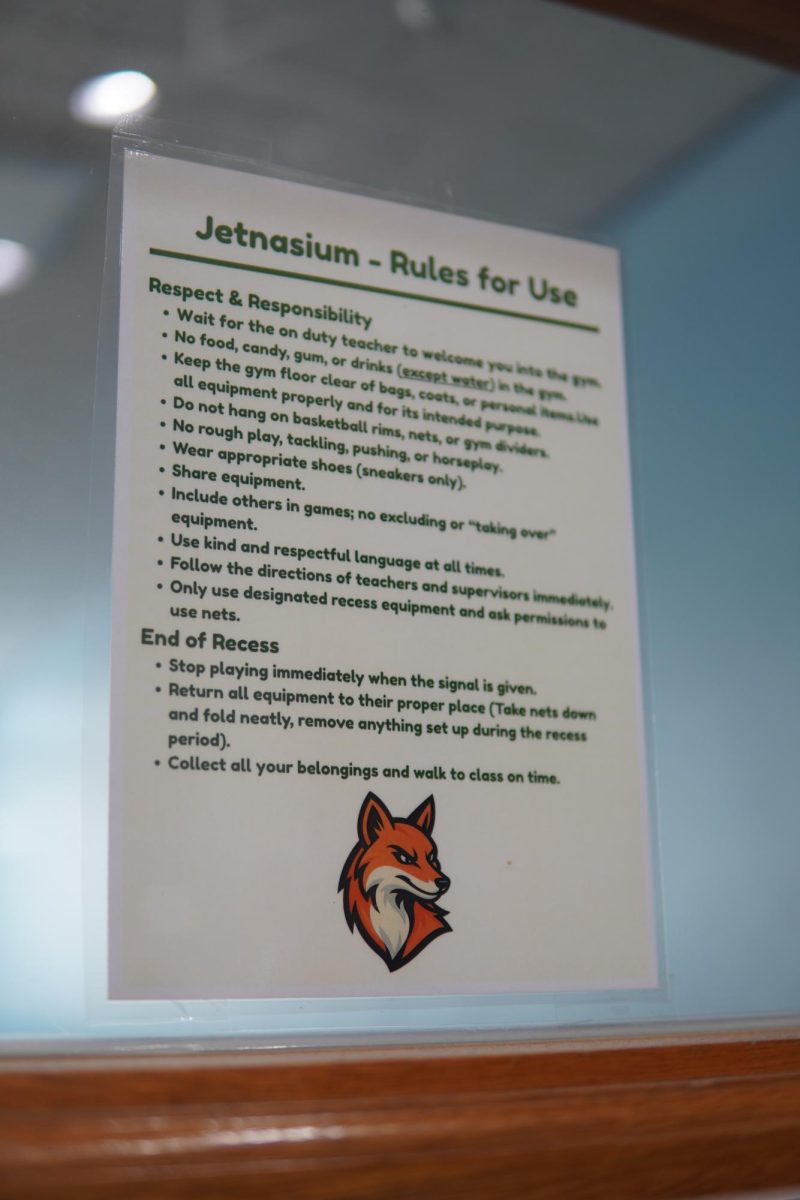
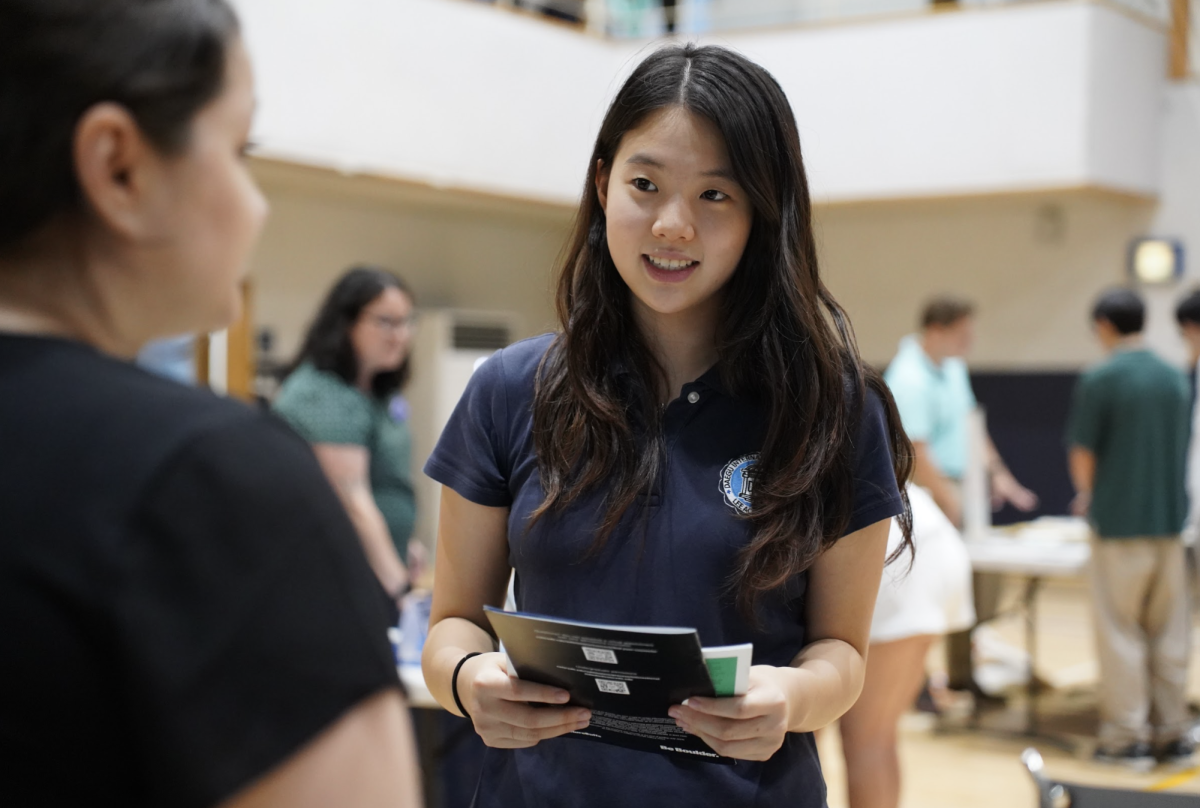
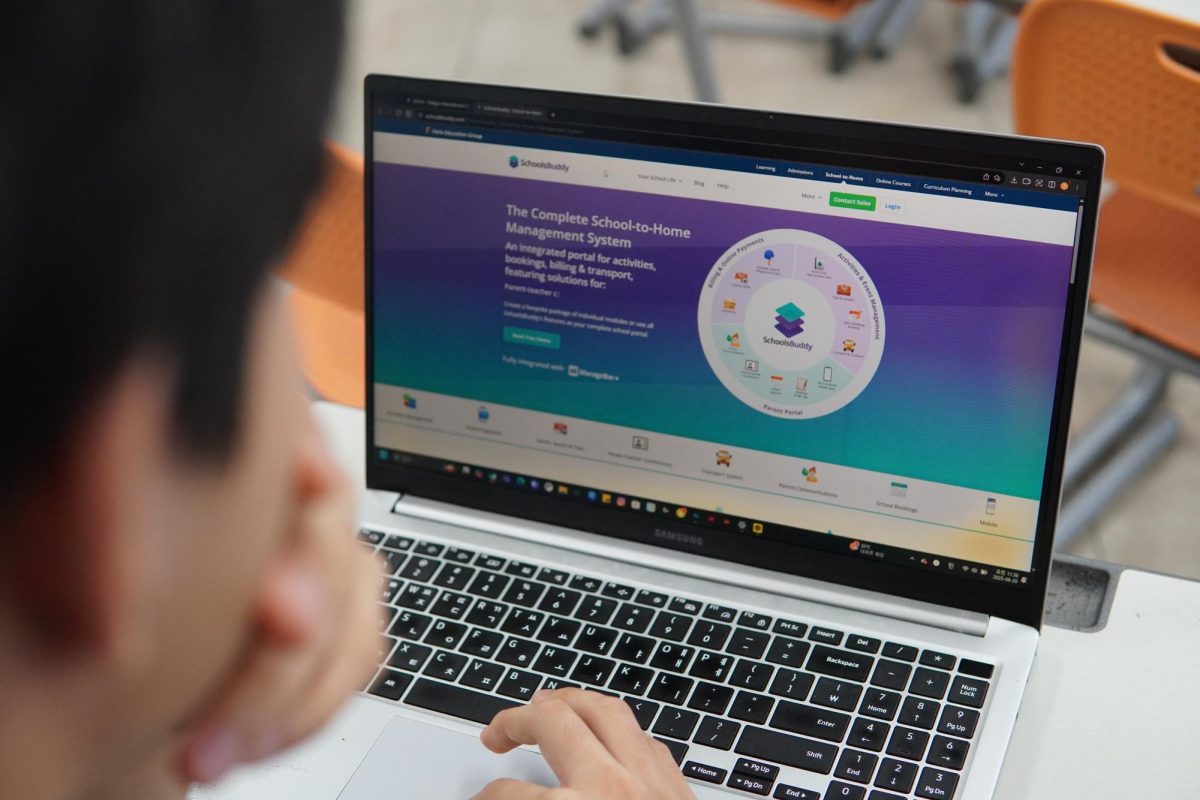
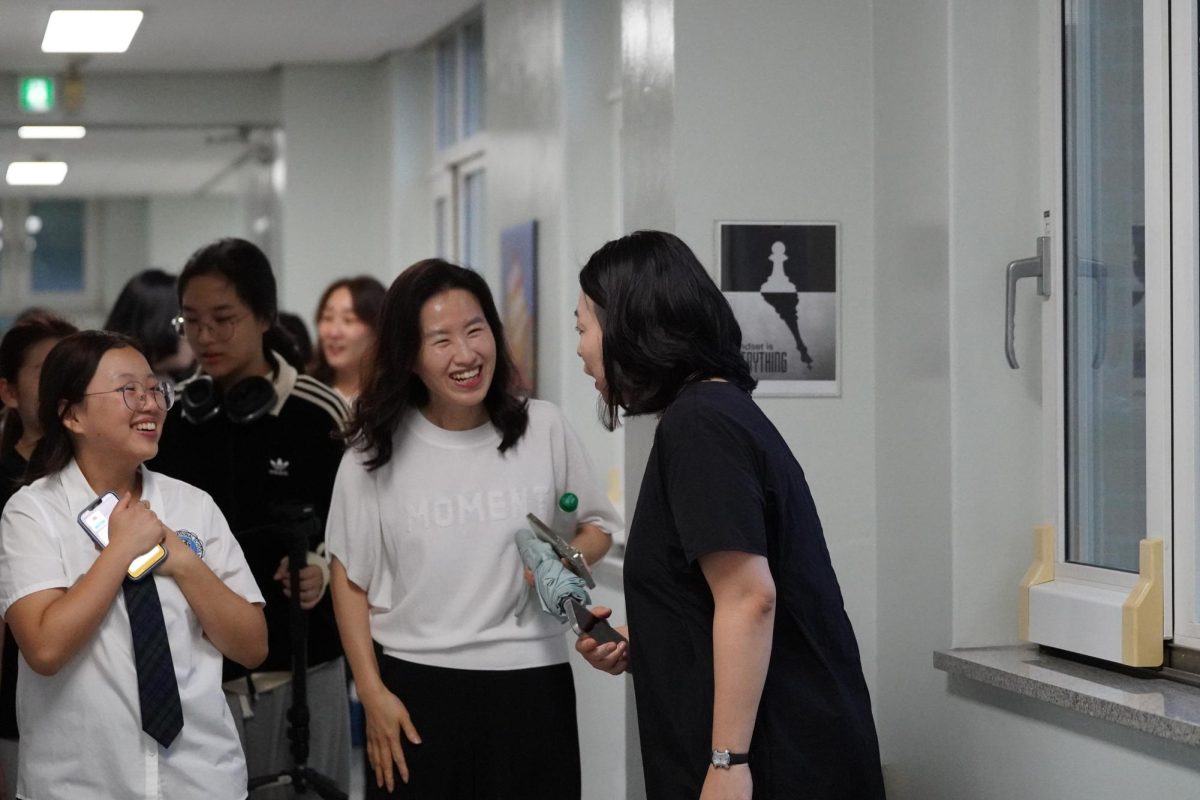










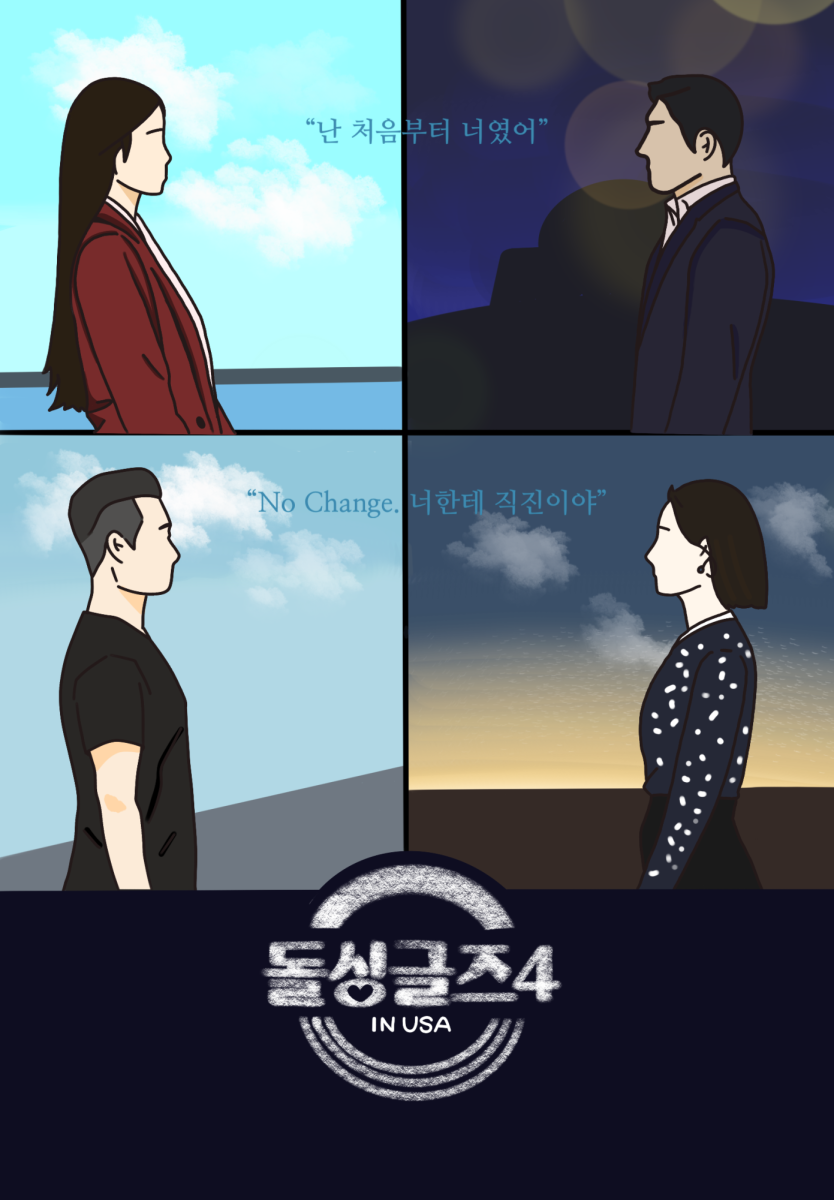















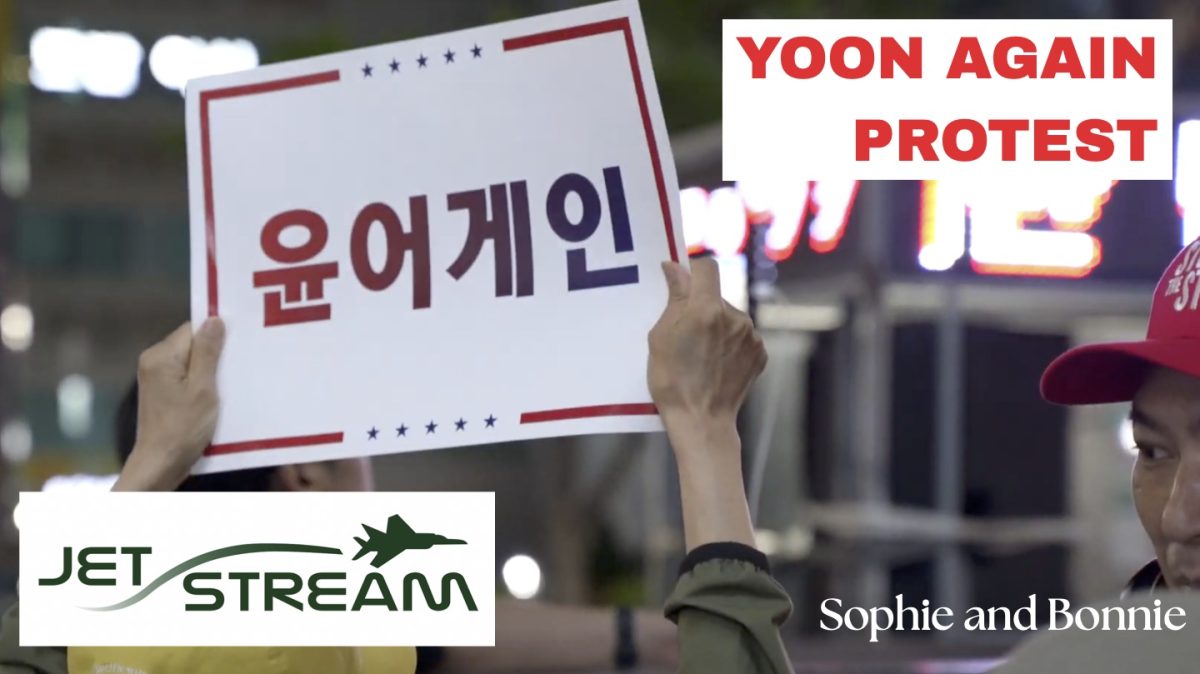




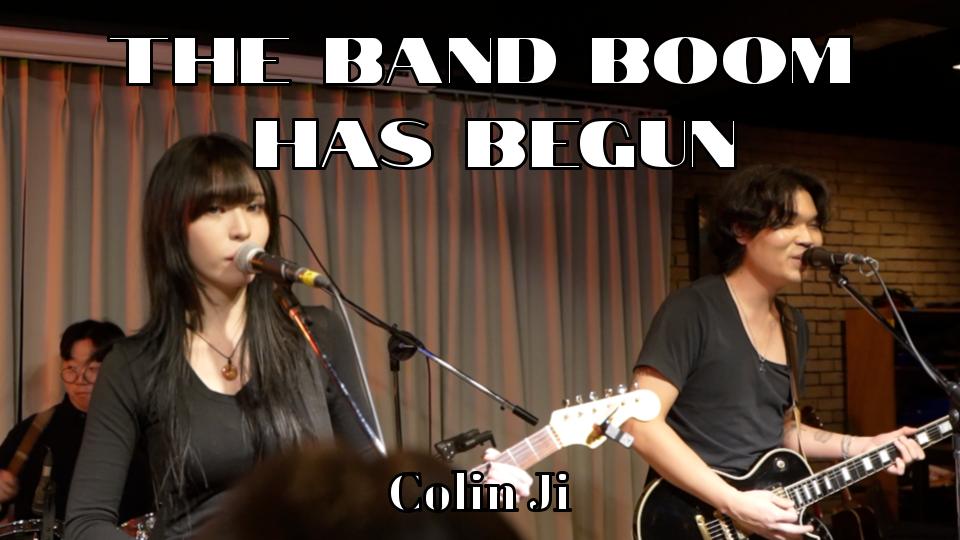
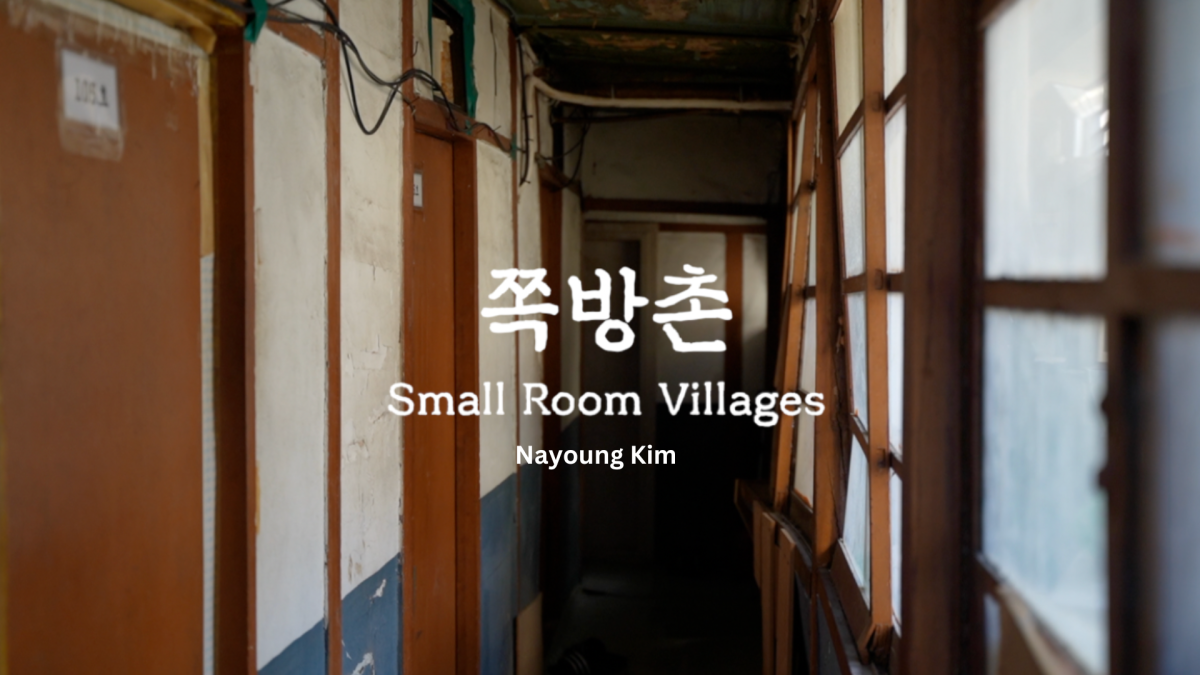







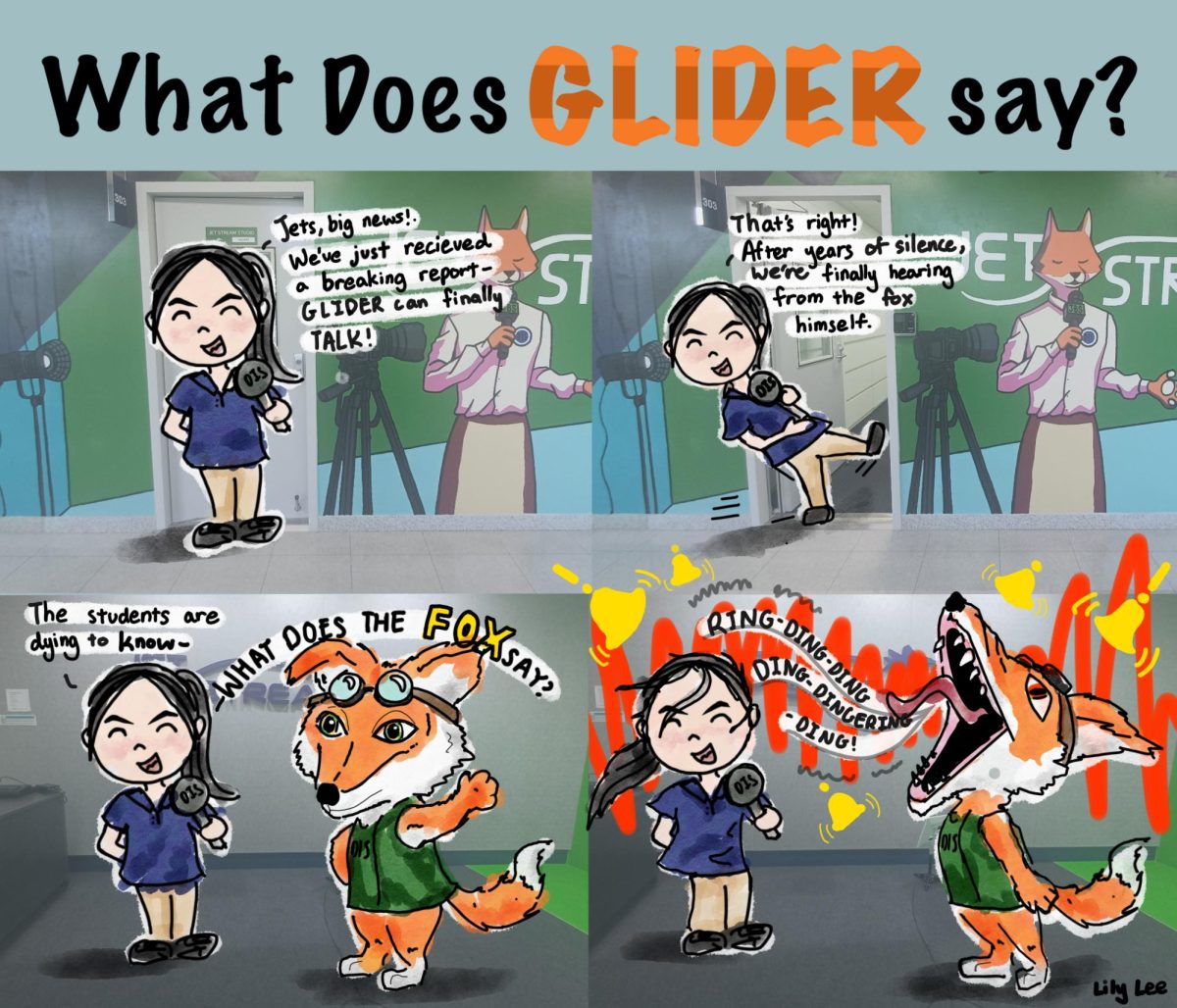
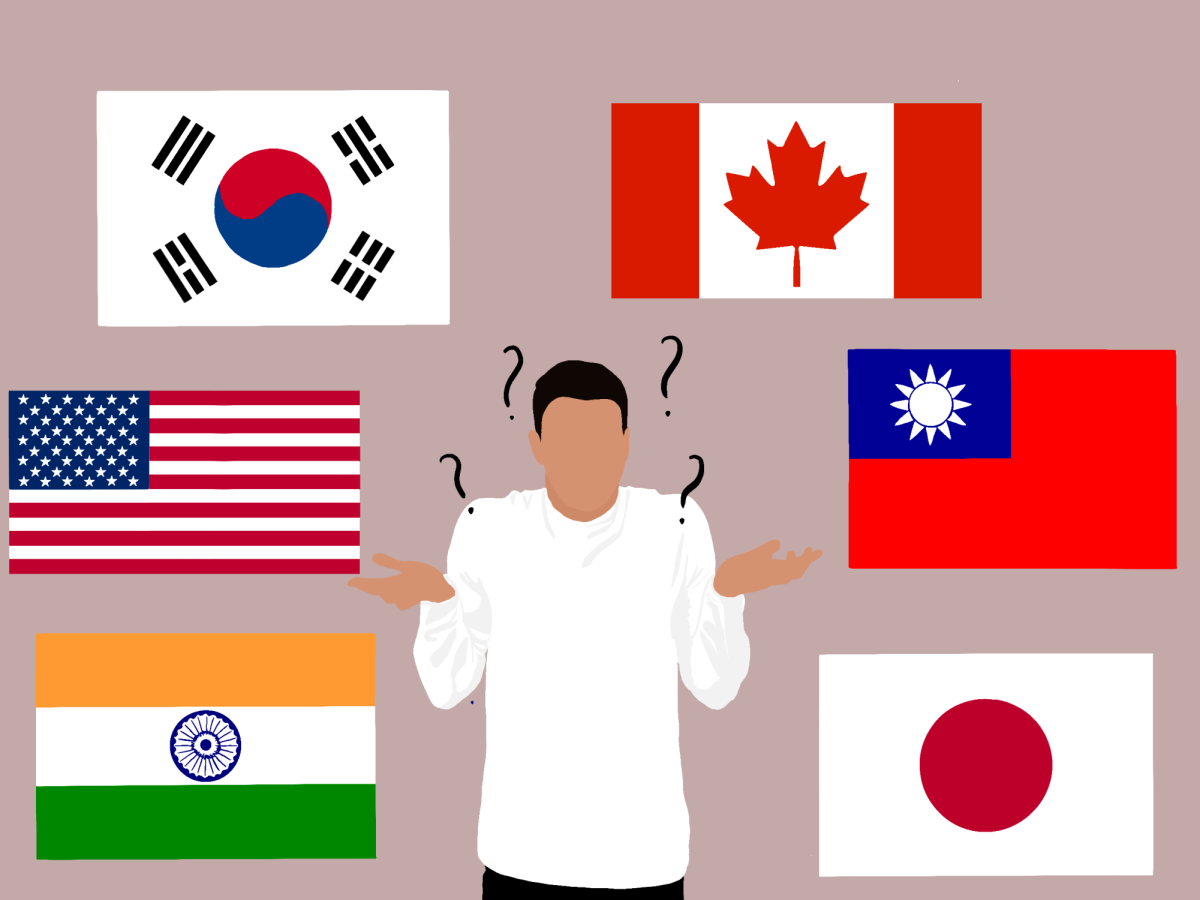


Miles • Sep 4, 2024 at 7:28 pm
This is a real problem…